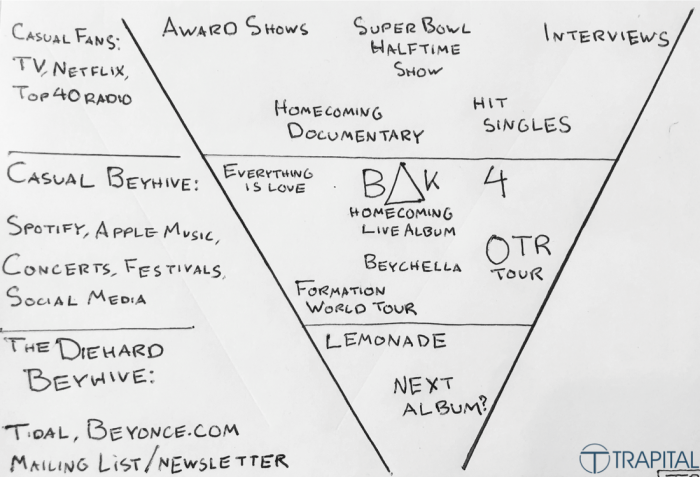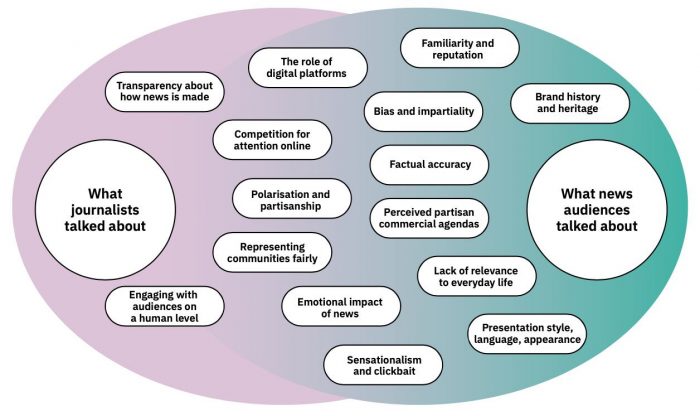Benjamin Toff, Sumitra Badrinathan, Camila Mont'Alverne, and Amy Ross ArguedasApril 23, 2021
A new Reuters Institute report finds that editorial standards and journalistic practices may be less important for trust in news than audience impressions about brand reputations and the look and feel of how information is presented.







